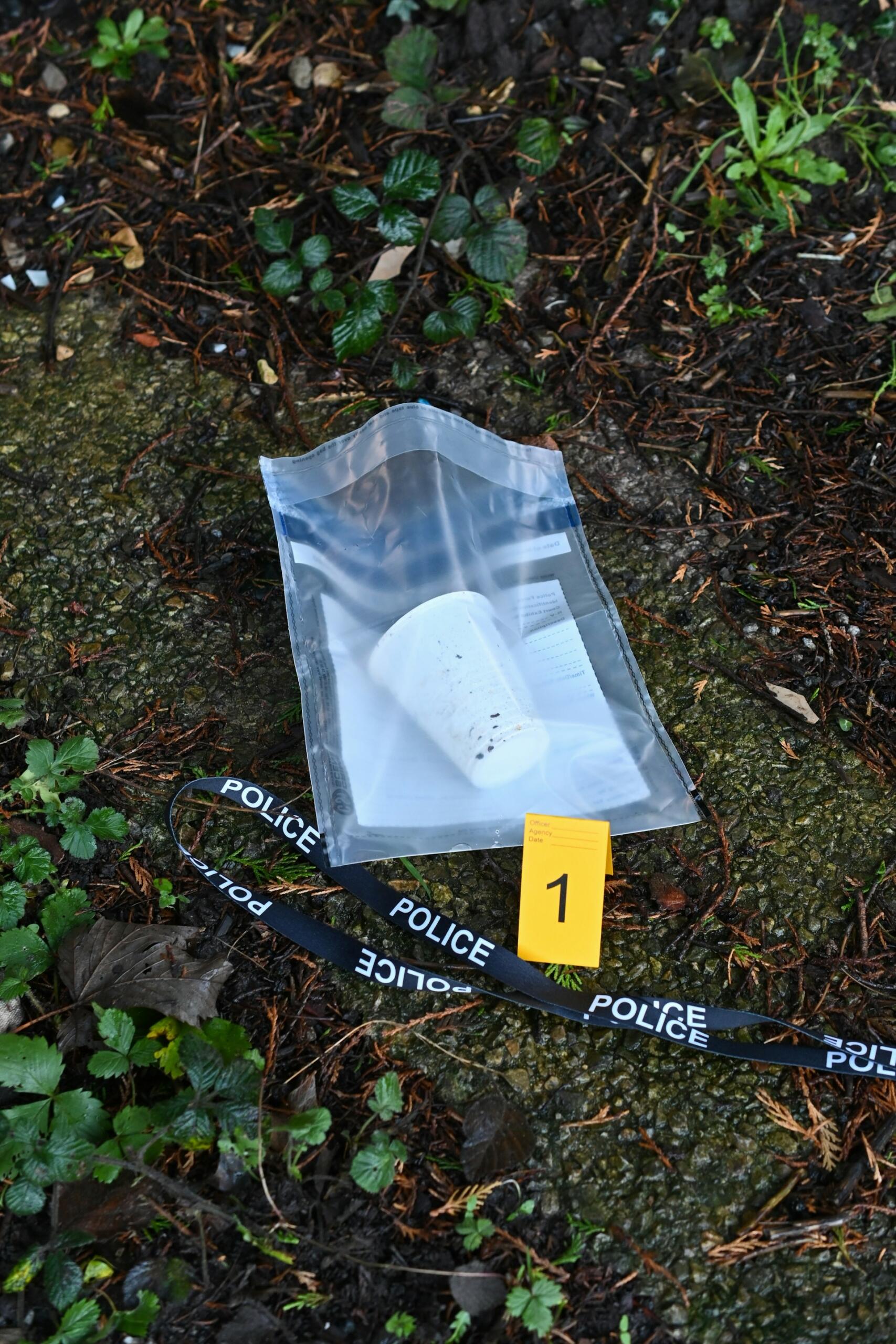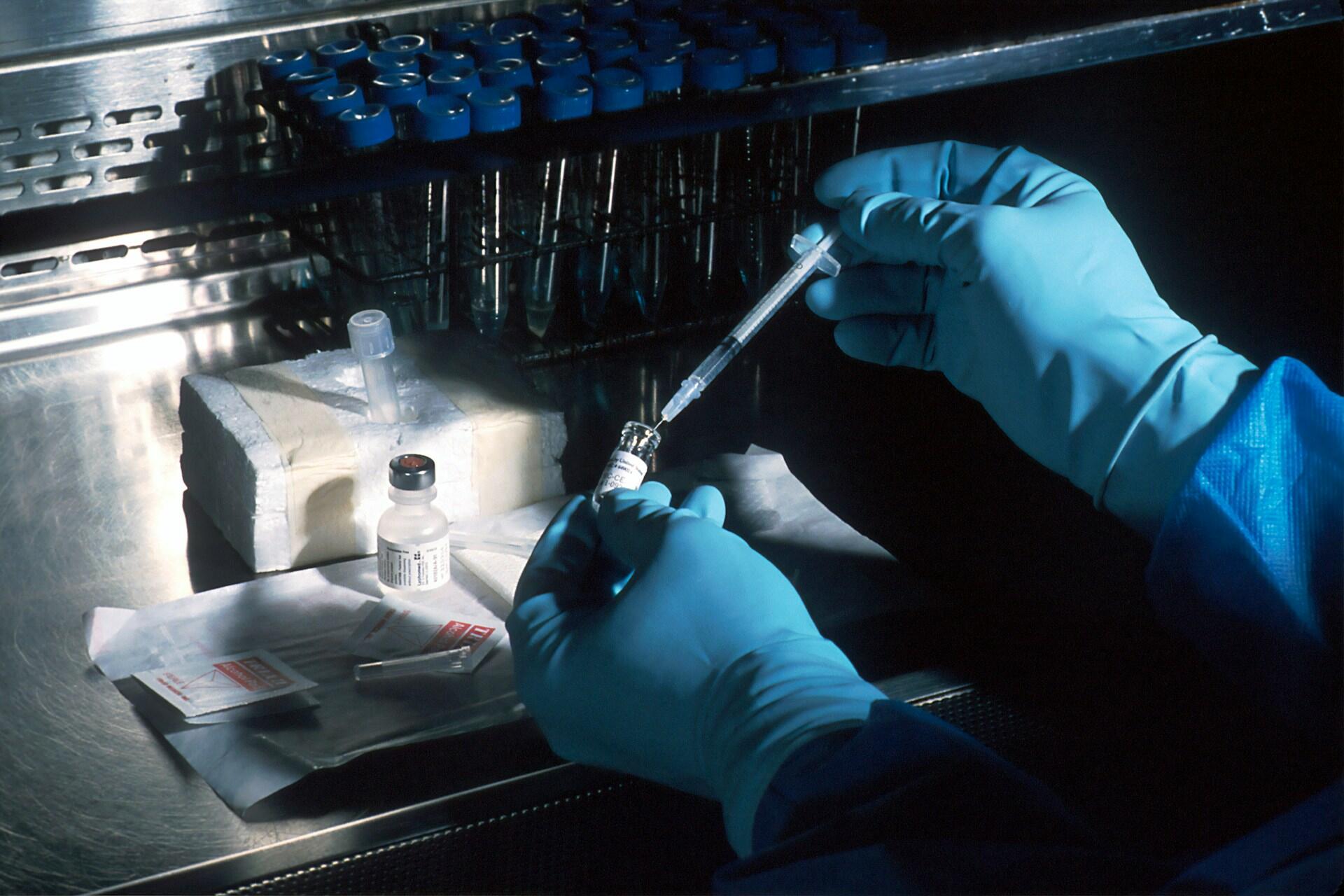Cop shows like NCIS: Sydney and Human Error stir curiosity about forensic science. Australian universities have responded accordingly, by creating forensic science degree programs. Those feature aspects of information technology, criminology, and law, as well as science. Find out what this science is, where you can study it, and the career opportunities such a degree offers.

What is Forensic Science?

In a nutshell, forensic science is applying chemical knowledge to science problems. The problem in question might be identifying toxins or substances, such as those in illegal drugs.
On the less criminal side of things, a forensic scientist might examine food samples for contamination, and identify the contaminants.
The forensic arm of criminology involves the study of samples from crime scenes to identify their chemical composition.
Those professionals might also determine the presence and quantity of such chemicals. Often, forensic results help decide whether a crime has occurred, and how severe it is.
This word comes from Latin, meaning 'of a forum', or 'place of assembly'.
The word's original usage described a public hearing of a criminal case.
In Roman times, the accuser and accused confronted each other publicly, and whoever delivered the best argument won. Today, we let the science decide the facts. The Latin word scientia translates to 'knowledge'. So, the term 'forensic science' means [putting] 'knowledge in a public forum'.
Earning a Bachelor of Science in Chemistry is a pathway to a career in forensic science. A student with such a degree may devote their Master's studies to forensics studies. However, it's quicker to choose a university that offers an undergraduate Forensic Science degree program.
Where Can You Earn a Bachelor in Forensic Science?
At last count (in February 2025), Australia has 44 universities, 39 of which are public. Of them, nine offer top Forensic Science courses at the undergraduate level.

At the top of the list sits the school that offered the first forensic science studies in our country.
University of Technology Sydney (UTS)
This public research university has its roots in technology. It was the first Mechanics' School of Arts in Australia, founded in 1833. It expanded its curriculum in 1877, to include more technical subjects. Today, UTS operates under its current charter, drafted in 1988.
UTS offers eight such programs, four of which are double degrees.
For students unsure of which direction they want to steer their forensics career, UTS offers Bachelor's, and BSc (hons) degree plans. For those more certain of their path, UTS presents a double Bachelor of Forensic Science with a:
- Bachelor of International Studies (also available as an Honours course)
- Bachelor of Laws (also available as an Honours course)
- Bachelor of Creative Intelligence and Innovation
- Bachelor of Criminology
This school offers the most expansive selection of forensic science degrees in Australia, bar none. However, other Australian universities are catching up. Among them, we find:
Murdoch University
- Forensic Biology and Toxicology
- Forensics and Cyber Security
- Forensic Science BSc
Deakin University
- Bachelor of Forensic Science
- Forensic Science/Bachelor of Criminology
- Forensic Science (hons)
Flinders University
- Forensics and Analytical Science
- Digital Forensics
- Forensics and Analytical Science (hons)

Other Universities for Forensic Studies
The four schools mentioned above offer the lion's share of forensics studies programs. But, thanks to this subject's popularity, more universities across the country are adopting this curriculum.
Swinburne University offers a Psychology and Forensic Science BSc degree plan. The course lasts three years (or six, if you choose part-time learning). It is the only school to offer a psychology component. This credential is especially valuable if criminal profiling interests you.
Like UTS, the University of Newcastle presents a dual-track study program: BSc Forensic Science with Bachelor of Laws. This degree program is suitable for learners whose career aspirations include working with or through the legal system.
The University of Canberra, Griffith University, and Western Sydney University each offer a Forensic Science BSc program, as well. Curiously, none of these schools offer a dual Forensics and Chemical Engineering degree program.
However, we must remember that programs to study forensic science Australia are relatively new. And, as the selection shows, these offers are targeted at the career field's greatest needs.
To give a clear overview of your selections, this table presents all the schools' offerings, including select aspects, for a side-by-side comparison.
| 🏫School name | 📍Location | 👩🎓Available programs | ⌚Part-time available? | 🎓Honours programs? | 📅Course duration |
|---|---|---|---|---|---|
| UTS | New South Wales | 8 | Only for the single degree programs | Yes | 5 years for the dual degree programs 3 years for single degree programs (6 years if attending part-time) |
| Deakin University | Victoria | 3 | Yes | Yes | 4 years for double-degree program 3 years for single-degree study 1 year for hons program |
| Murdoch University | Western Australia | 3 | Yes | No | 3 years full-time 6 years part-time |
| Flinders University | South Australia | 3 | Yes | Yes | 3 years full-time 4 years Honours 6 years part-time |
| Swinburne University of Technology | Victoria | 1 | Yes | No | 3 years full-time 6 years part-time |
| Newcastle University | NSW | 1 | Yes | Yes | 5 years full-time 10 years part-time |
| University of Canberra | ACT | 1 | No | No | 3 years full-time |
| Griffith University | Queensland | 1 | Yes | No | 3 years full-time 6 years part-time |
| Western Sydney University | NSW | 1 | Yes | No | 3 years full-time 6 years part-time |

What You Will Learn in Your Forensic Science Courses

What you'll learn depends on the degree plan you'll choose. This is true whether you're aiming for a Bachelor of Pharmacology, or Forensic Science. As noted above, four universities offer more than one forensic science degree in Australia.
Another point to note: public universities offer all the forensic degree courses mentioned above. That means that, to an extent, core curriculum elements are standard, across the board. However, courses may have different titles, and different structures.
To make that clear, let's compare UTS's core curriculum with Deakins':
UTS core
- Principles of Forensic Science
- Forensic statistics
- Criminalistics
- Analytical Chemistry
- Forensic imaging
Deakins core
- Forensic Science fundamentals
- Statistics and data analysis
- Introducing crime and criminal justice
- The analytical chemist's toolbox
- Chemistry in our world
UTS, with its more extensive program, offers students four 'Major' tracks to choose from. Those include Digital Forensics, Crime Scene Investigation, Biology, and Chemistry. Choosing the Chemistry track will focus your learning on your chosen field.
By contrast, Deakin, Flinders and other schools make biology studies a part of their core curriculum, alongside chemistry class requirements. That would seem to put their students at a disadvantage, because they won't focus on their chosen field from the outset.
Life science (biology), along with Physical science (physics, chemistry, and others) gives students a more complete scientific toolbox.
Consider the student who is unsure whether they prefer environmental science forensics or investigating crime scenes. The dual-track biology and chemistry learning prepares them for both.
Besides the course selections mentioned above, undergraduates will also learn:
- Forensic research methods
- Laboratory and fieldwork techniques
- Interpreting forensic results
- Toxicology
- Organic and inorganic chemistry
- Analytical Chemistry
Each of these degree plans has a list of elective courses students may choose from. However, as these programs are comprehensive, there's little room in them for electives. For instance, Deakin allows just six elective units, and UTS has room for only 4 elective courses in its forensic science program.

Admissions Requirements for Forensic Science Degree Courses
What you need to access these forensic study programs depends on the degree plan you choose. Honours programs set a higher bar for entry than standard courses do. So do double-degree programs. This is true even for the various programs Deakins, Flinders, Murdoch and UTS.
Across universities, and among universities offering a choice of degree programs, no universal cutoff for admission exists.
With that said, we can make some generalisations. Applicants to these programs must have:
Australian students:
- completed, or be in their last year, of completing their Year 12 educational requirements
- an Australian Tertiary Admission Rank that satisfies the selected course's requirements
International students:
- A competitive International Baccalaureate score
- Proof of English language ability
In all cases, these schools specify no requirement for prior knowledge. However, high school chemistry studies make your application more competitive. Also, if you have any work experience related to the field of chemistry, may point towards any inherent requirements related to your course selection.
Students who have already earned a Chemistry degree, or those applying based on work and life experience, may also access these programs. Applying entails submitting a personal statement that explains your reasons for applying, and what motivates you to complete this course.
What Type of Work Does a Forensic Scientist Do?
Known professionally as Henry Lee, this forensic scientist has dedicated his career to exploring some of the United States' most high-profile cases. He started with a BSc in Forensic Science, and then added to his credentials with a Master's, and then a PhD, in biochemistry.
You needn't aspire to such heights, of course. Many forensic chemists are quite happy staffing laboratories, and examining evidence from crime scenes. You might further narrow your speciality to toxicology; examining chemical substances' adverse effects on living organisms.
Working in the field as a forensic technician, your mission is to collect and safeguard evidence for later analysis. Such evidence might include anything from fibres and hair, to DNA and fingerprints.
As a part of an arson investigation team, you would specialise in collecting, preserving, and analysing fire debris, including ashes and other remnants. You might test them for accelerants and, possibly, discover the criminals' signatures. Once your report is complete, you may testify in court about your findings.
Forensic science careers are a bit more high-profile than, say, the workload of a food science diploma holder. They're also a bit more stressful; combing through crime scenes is not easy work. However, bringing bad actors to justice is intensely rewarding and valuable to society.
I'm mainly interested in:
If you would like to learn more about forensic science and investigation, private lessons with a chemistry tutor can be a great start! Visit Superprof and find a long catalogue of chemistry tutors in your area.
Summarise with AI:















